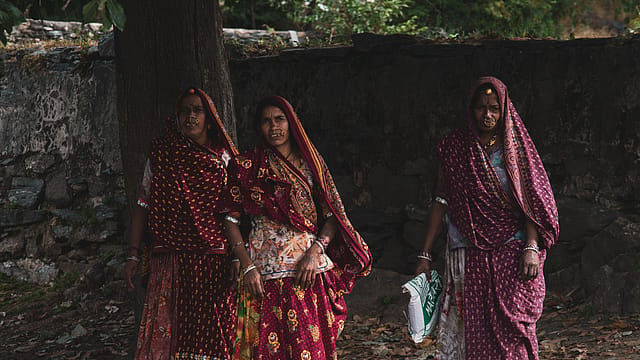Top 1% hold almost half the wealth in India: Oxfam
ADVERTISEMENT

Global economic inequality is out of control with just 2,153 people holding more wealth than 4.6 billion people in the world, says Oxfam International.
In India the top 1% of the population commands 42.5% of national wealth—more than four times that held by 953 million people, the charity said in a report.
The wealth of the top nine Indian billionaires is equivalent to the wealth of the bottom 50% of the population, and 10% of the population holds 74.3% of the total national wealth. Whereas the bottom 50%, the majority of the Indian population, owns a mere 2.8% of the national wealth, say Oxfam’s latest report on wealth inequality and unpaid care work for women in India and globally.
Over the last year, the total wealth of India has increased by $625.5 billion and the wealth of the top 1% increased by 46% while the bottom 50% saw wealth increase of just 3%.
Oxfam says billionaires’ wealth increased to $408 billion in 2019, compared to $325.5 billion in 2017, and their total wealth was bigger than the FY19 Union Budget.
January 2026
Netflix, which has been in India for a decade, has successfully struck a balance between high-class premium content and pricing that attracts a range of customers. Find out how the U.S. streaming giant evolved in India, plus an exclusive interview with CEO Ted Sarandos. Also read about the Best Investments for 2026, and how rising growth and easing inflation will come in handy for finance minister Nirmala Sitharaman as she prepares Budget 2026.
“The gap between the rich and the poor is not uniform with certain social groups having been dealt a considerably poorer card. The distribution of wealth and income, while differing among these groups by gender, religion, caste, etc. also diverge with location that is, whether individuals are located in urban or rural settings,” says Oxfam.
Illustrating the stark inequality, Oxfam says it would take a female domestic worker 22,277 years to earn what the CEO of India’s top tech company makes in one year. It also says households that depend on female workers as primary earners are poorer as there is no equal pay for equal work, women are paid less.
Globally, the 22 richest men in the world have more wealth than all the women in Africa. The number of global billionaires has also doubled in the last decade.
“The gap between rich and poor can’t be resolved without deliberate inequality-busting policies, and too few governments are committed to these,” says Oxfam India CEO Amitabh Behar.
The increasing divide in wealth is based on a “flawed and sexist economic system” which does not value the unpaid and underpaid care work that is primarily done by girls and women.
“Women and girls put in 12.5 billion hours of unpaid care work each and every day—a contribution to the global economy of at least $10.8 trillion a year, more than three times the size of the global tech industry,” says Oxfam.
The report highlights that women living in poverty spend considerably more time on unpaid care work compared to their wealthier counterparts as they are unable to hire domestic help or household equipment like fuel-efficient stoves, washing facilities and cleaning equipment.
"Women from the poorest households in low-income communities in Uganda, Zimbabwe, India, the Philippines, and Kenya spend an average of 40 minutes more each day, or over a year longer during their lifetimes, on such care work activities than women in better-off households,” the report says.
